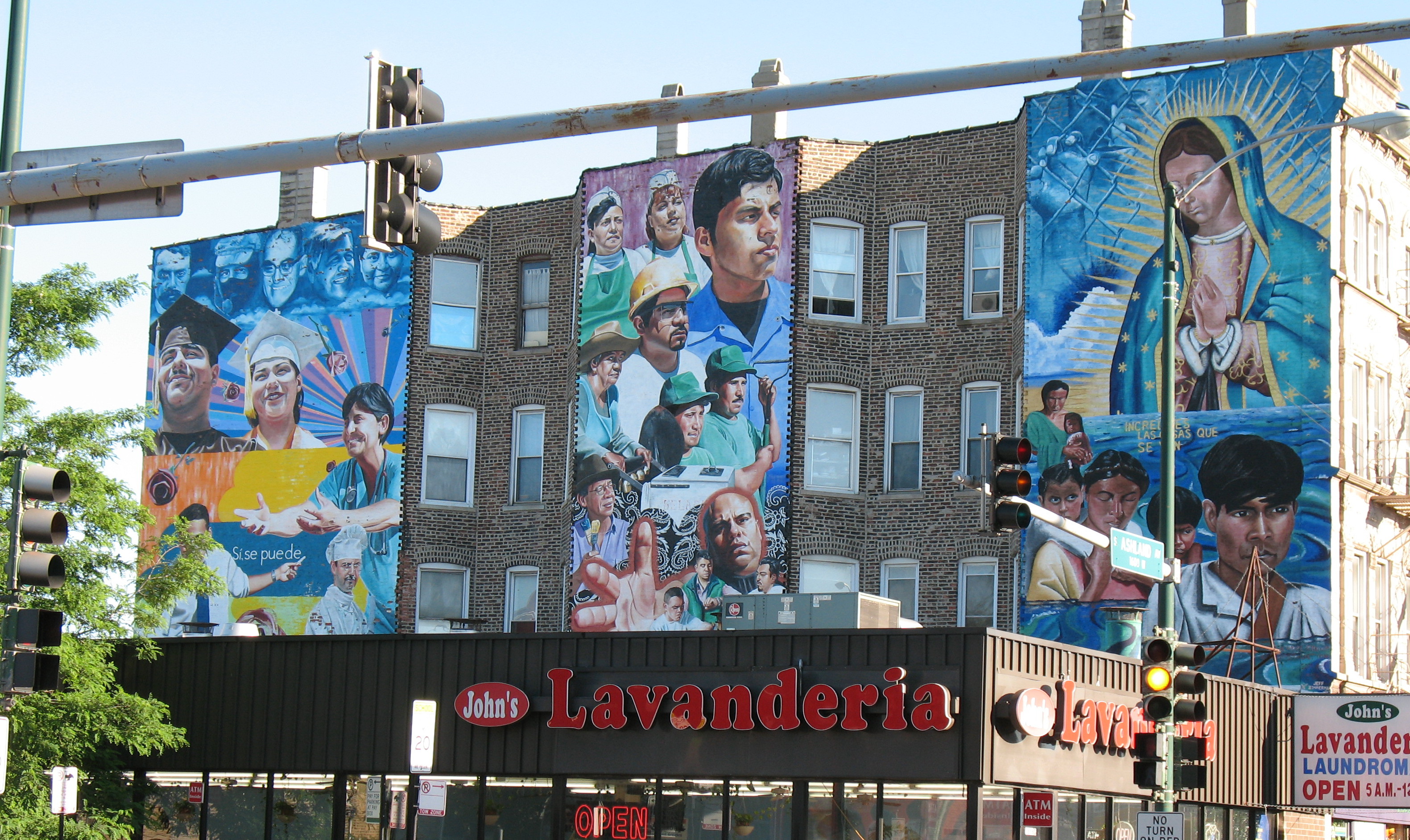Chapter 5: Motivation and Affection was a chapter that really hit home with me:
Let's cut to the chase: rock music is an excellent marketing tool. Let me tell you why.
It breeds loyalty, cultivates individuality, and becomes a vessel of expression for the outsider.
How many people have cut "Kanye West" into their forearm? Exactly. Do you know how many people carved "Slayer" into their arms? Google it.
The fact of the matter is, very few genres of music spawn the type of dedication and admiration that you receive from fans of rock music and all of it's little predecessors: metal, punk, etc. And that is because it is a culture for outsiders, a large, broad market. It is the spiritual and emotional aura that surrounds individuals who don't quite fit mold of society.
And these individuals know it. They champion their subculture of non-conformity. They recognize who they are, where they're from, and what bar they're going to next.
It becomes a gang, a calling, a wolf pack. And it's a marketer's dream: people with an undying love who are willing to make questionable purchases. But this post isn't about co-opting subculture for those who have no culture. This is a love letter.
Noise Pollution
Before we proceed, let me give you a brief history of rock:
 |
| Freddie Mercury, vocalist for Queen. Rest in peace. |
Amidst the success of early groups such as The Who and Led Zeppelin, rock and roll music began to take shape: heavy, hard-hitting, guitar work that wasn't afraid to acknowledge it's bluesy past but keen to eliminate the current wave of hippie acts. And by the mid 70s, groups such as KISS, AC/DC, Queen, and Black Sabbath had begun to sell out stadiums across the globe. The latter of these groups would go on to become the undisputed grandfathers of heavy metal.
In response to the mainstream success of rock groups came punk music. Early groups included the Clash, the Ramones, and the Sex Pistols. Fast and abrasive, these groups removed the glamour and excess of their hard rocking predecessors, and instead embraced rebellion against political, social, and religious institutions.
 |
| Iron Maiden are quintessential heavy metal. |
Right around the same time came tremors form the industrial landscapes of England. The bastard sons and daughters of Black Sabbath had been born. It was the musical likes of which the world had never seen: Judas Priest, Motorhead, and Iron Maiden, among others, would take the speed of punk and the technical prowess of rock and create what we know as heavy metal (this genre is my favorite btw). The groups fancied themselves as outsiders on the same level as the punks did, but they chose themes of war, satanism, violence, and the occult as their outlets.
 |
| SO MUCH BLACK. |
The 80s were basically a sequel, but like a really good one. Kind of like Terminator 2. Genres such as glam rock, hardcore punk, thrash metal, and death metal came to be. Guns n Roses, Megadeth, Motley Crue, Black Flag, Napalm Death. All the good and not so good stuff.
And in case you were wondering, this is when the world got Metallica. You know, that band of old guys who backed up Lady Gaga at the Grammy's this year. They used to be pretty cool.
The 90s were basically a completion of a trilogy. Kind of like Terminator 3, which sort of sucked but you went ahead and saw it anyway. We'll stop here.
All You Need Is A Little Motivation
This is what brand loyalty is made of, people. This is rock and roll.
Why am I going to heed your brands' call? What is going to push me to seek emotional satisfaction with you? You need to appeal to my emotions. And right now, my emotions as the aforementioned outsider are as follows:
Social Anxiety
Loneliness
Anger
Lots of anger.
Such a rebellious bunch, aren't we?
A NEED IS BORN
And so to satisfy my needs, I will seek those and that which seem most similar to me. Who shares my pain? Who understands me?
Music touches humans on an emotional level. And that is what marketing does. It is a pillar of human creativity, of the classical kind. Alongside art, literature, and theater, music stands as it's own monolithic shrine of hedonistic worship. Few things speak to us like music does. It dissects you, it gets under your skin, and penetrates the very fabric of your soul.
And because of this visceral intimacy, many popular bands achieve a cult-like following that even Charles Manson would be jealous of. Legions of people, from young to old, clad in their favorite band shirts, spending paychecks on records, and congregating at concerts like it's a holy mass, worshiping the sounds of rebellion thundering through Marshall amplifiers.
Some of them even do their part to keep the spirit of rebellion alive.
 |
| Back when I was cool, man. |
It's unreal. And it's strange in that, when the sun rises, a lot of these people recede back into the real world: they are your dentists, your principals, your firefighters, your CEOs and at times the president of Indonesia.
Sounds familiar? If you are in marketing, it should. This is your brand affiliation. This is power. This is the identity of your customer or client. They identify with you because you represent a lifestyle and perhaps a philosophy that no one else does. You can become what a person turns to when the rest of the world has looked the other way.
Just remember to be real about it.
























